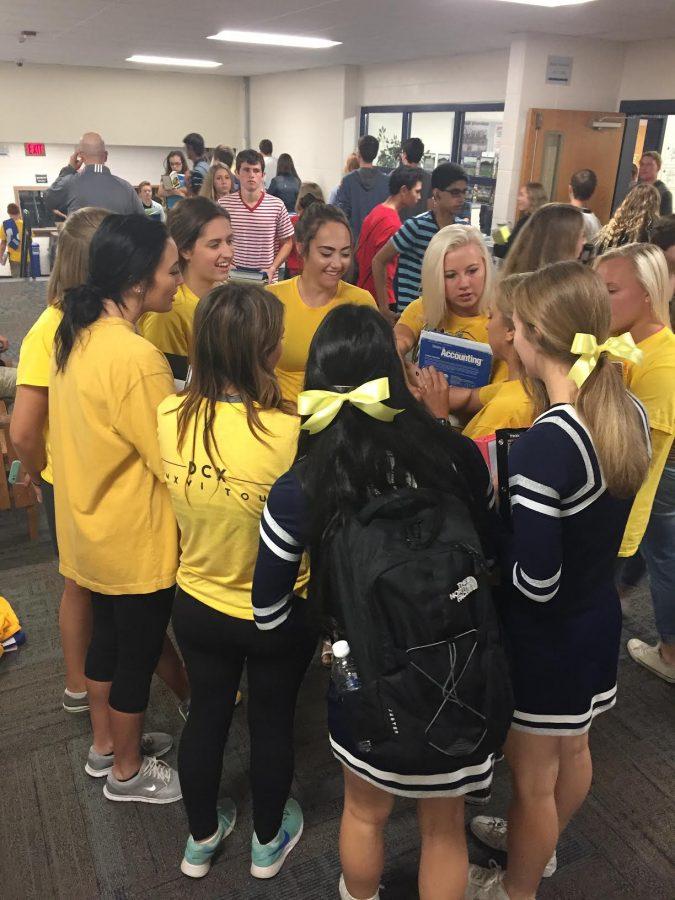Suicide is often something you hear or know about, but it never really hits home until it literally hits HOME. Suicide is a not-so-silent killer that seems to creep up all too often nowadays. It’s a dark and scary topic, but it is an important one.
September is Suicide Awareness Month, a month dedicated to offering help to those who need it and educating those who don’t know enough about it. Having a time dedicated to suicide prevention is great, but it needs to happen every month–not just one month a year.
We are all aware of the pressures society seems to put on us. Whether they be from school, work, family, or friends; they are constantly there and they are strong. Most people can relate to feeling a little anxious or stressed at certain times, but feeling constant depression or anxiety is something many people cannot understand if they haven’t experienced it for themselves.
So many mental illnesses lead people to choose suicide. Depression is such a common mental illness, and sometimes it is not noticeable in a person. According to the National Health Institute in 2014, “an estimated 15.7 million adults (ages 18 and up) had at least one major depressive episode in the past year.” Jaw-dropping statistics like this one just goes to show how many people are fighting problems we don’t even see.
Last year in the Quad Cities, we experienced a suicide cluster. A suicide cluster is defined as a group of suicides in which one seems to set off others and can last for a span of over two years. Six young people in the QC took their lives within the span of a couple months. The families, friends, teachers, and peers of these individuals lost a large piece of their lives. They lost a loved one.
Many people ask the question, “So how do we stop this?” It isn’t easy. We will never truly understand what a person is going through until we walk in his/her shoes. But, a major role in suicide clusters is the idea of romanticizing suicide. When we lose a loved one to suicide, we tend to talk about how loved they were/are and many people often throw out the saying “she’s in a better place” or “he’s happy now.” Ann Berger, psychology teacher at PVHS, firmly stated, “Regardless of how you review the consequence of suicide, the fact remains: a life was lost. We can’t romanticize that it’s better on ‘the other side.’” Making suicide sound like the right answer is why psychologists noticed suicide clusters.
Suicide may seem like the easy way out, but it’s not the right choice. Those who are struggling must choose the battle–they must choose to fight through the hard times and love the good ones. There is strength in numbers, so always remember to reach out to those who are hurting. Be kind to people, because you never know what they are battling behind their smile. Life is hard, but it is so worth living.
Suicide Hotline: 1-800-273-TALK(8255)










Samina Abdullah • Sep 29, 2016 at 9:43 am
This article was very nicely written. It is amazing how many people battle with depression these days. The scary thing about illnesses like depression is that it is harder to discern from other medicinal illnesses. Most of the time you never expect someone to be dealing with problems like this. I agree that every month people should be aware of suicide problems and do just as much to promote positivity and friendly companionship.